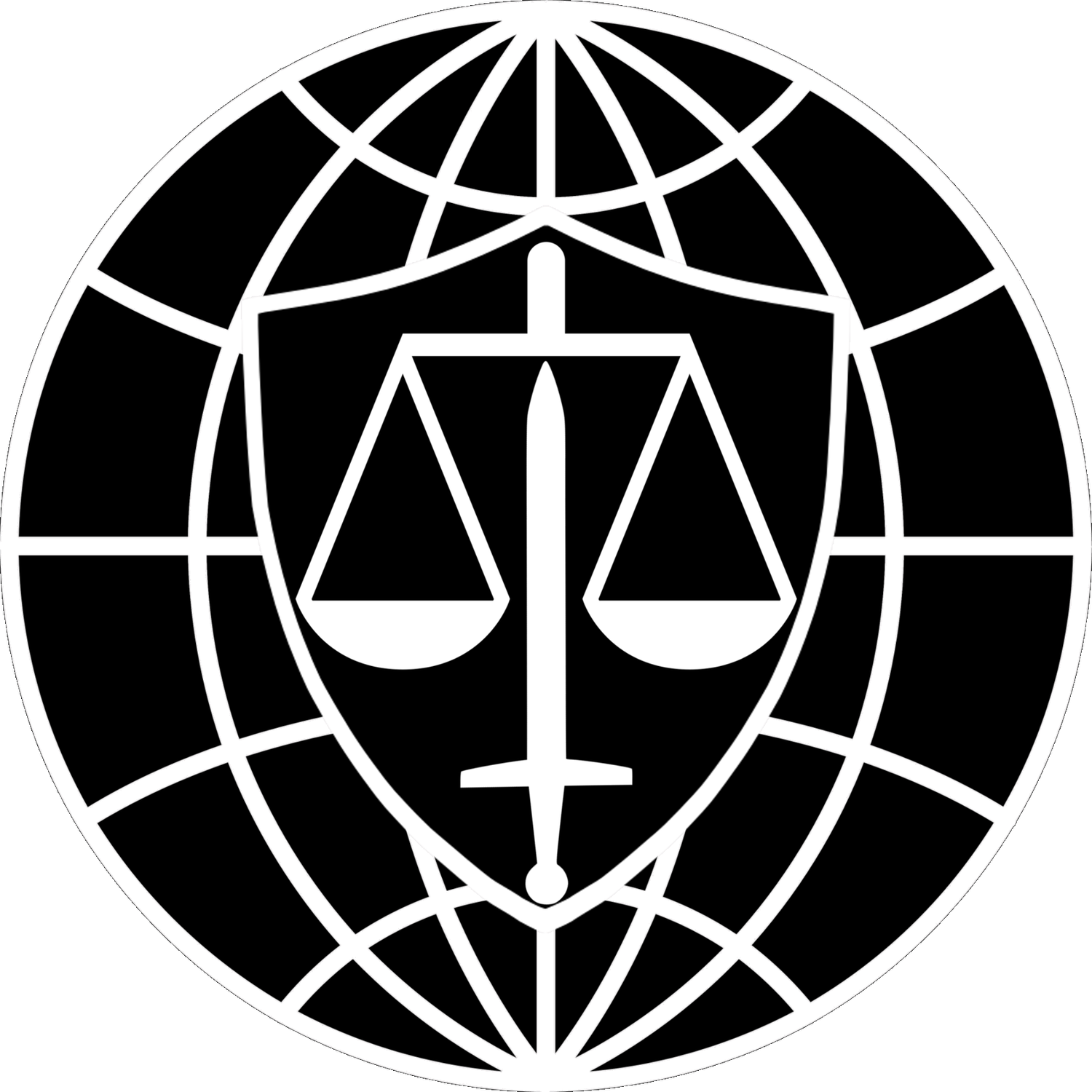Understanding I-129F Expiration Dates
Date of Information: 08/04/2025
Check back soon; we update these materials frequently

Introduction
Got your I-129F approved but worried about the expiration date?
You're not alone. USCIS puts an expiration date on every K-1 (fiancé(e)) visa petition — even though delays at the State Department are beyond your control. Here's what that expiration date really means and what to do if your case is running up against it.
Why Does the Petition Have an Expiration Date?
USCIS approval notices (Form I-797) for K-1 petitions are typically valid for four months from the approval date.
This doesn’t mean you only have four months to get married — it just means:
The petition must be used by a consular officer to issue a visa within that window — or revalidated.
The rule comes from federal regulations at 8 CFR § 214.2(k)(5). The idea is to ensure the relationship is still valid and active when the visa is issued.
Who’s Responsible for Processing After USCIS?
Once USCIS approves the I-129F, your case goes through two steps:
National Visa Center (NVC) Assignment →
U.S. Embassy or Consulate Interview and Visa Issuance
The expiration countdown is running while the petition sits with NVC and the consulate — even if you haven’t received your next notice.
What If the Petition Expires Before the Visa Interview?
Don't panic.
If the approval expires before the visa is issued, the consular officer has the authority to revalidate the petition for another four months — and can keep doing so as needed. This is allowed under explicit State Department Policy if the consular officer is satisfied that the relationship is ongoing and the couple still intends to marry.
⚠️ Important:
You do not need to refile with USCIS unless the consulate declines to revalidate—which is rare.
✅ What You Should Do If Your Approval is About to Expire
Track your case status closely
Consider submitting an official inquiry to the National Visa Center (NVC) if you have yet to receive a notice or case number.
Check CEAC (Consular Electronic Application Center) once you receive the NVC notice or case number.
Prepare for consular processing
Complete Form DS-160
Schedule a medical exam
Gather required documents
Monitor email for the consulate appointment letter
Don’t delay — Once you get the case number, book the visa interview as soon as possible.
If you're getting close to expiration, contact the embassy to request petition revalidation. (Charles International Law can help draft the email.)
Frequently Asked Questions (FAQs) About I-129F Expiration Dates
1. What is an I-129F expiration date?
The expiration date on Form I-129F (Petition for Alien Fiancé(e)) is the date until which the petition is valid for use at the National Visa Center (NVC) and U.S. consulates. It does not mean your case is denied or closed, but it sets a time frame for next steps in the K-1 visa process.
2. How long is an I-129F petition valid?
Generally, an approved I-129F petition is valid for four months from the date of approval by USCIS. This is the initial validity period recognized by the State Department when forwarding the petition to a U.S. consulate abroad.
3. What happens if my I-129F expires before my fiancé(e) gets a visa interview?
If the petition expires, the consular officer has authority to revalidate it in additional four-month increments, provided both parties are still legally free to marry and continue to intend to marry within 90 days of entry to the U.S. Consular officers commonly grant these revalidations when the relationship remains genuine.
4. Do I need to refile a new I-129F petition if mine expires?
Not necessarily. In most cases, the consulate will extend the validity automatically if there are no concerns about the bona fides of the relationship. However, if too much time has passed or if circumstances change, USCIS may require a new filing.
5. Can delays at USCIS, NVC, or the consulate affect expiration?
Yes. Processing backlogs or administrative delays can push a case beyond the original expiration. Fortunately, these delays are usually resolved by revalidation at the consular stage without requiring the couple to refile.
6. How can I avoid problems with expiration dates?
Respond promptly to USCIS, NVC, and consulate requests for evidence or documents. Monitor your case status regularly and attend scheduled interviews. If your petition is close to expiring, be proactive in contacting the consulate to ensure it is revalidated.
7. Does the expiration date affect the 90-day rule once my fiancé(e) enters the U.S.?
No. The expiration date only affects petition validity before visa issuance. Once your fiancé(e) arrives in the U.S. on a K-1 visa, you must marry within 90 days of entry, regardless of the petition expiration date.
Need Help with a Petition Revalidation?
We can also guide you through the DS-160, prepare for the interview, and help with consular communication.
Other Helpful Resources:
See Also:
CIL Guide to the Circumvention of Lawful Pathways Rule

